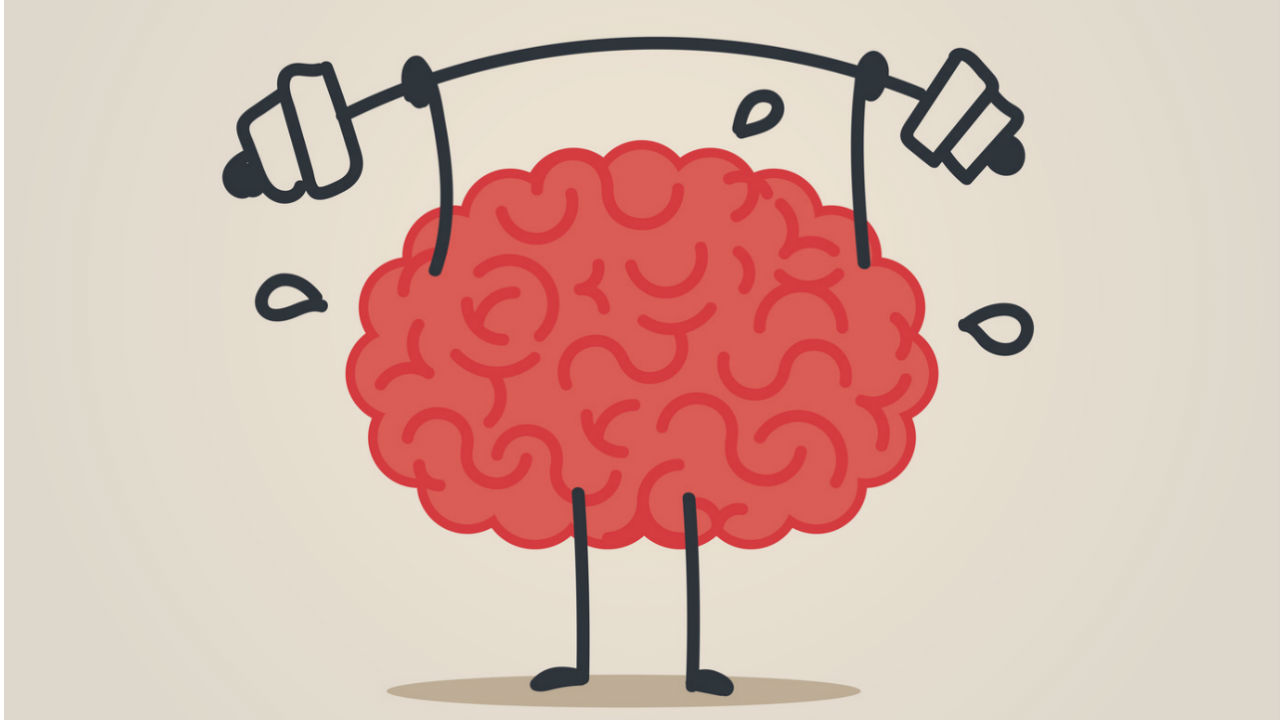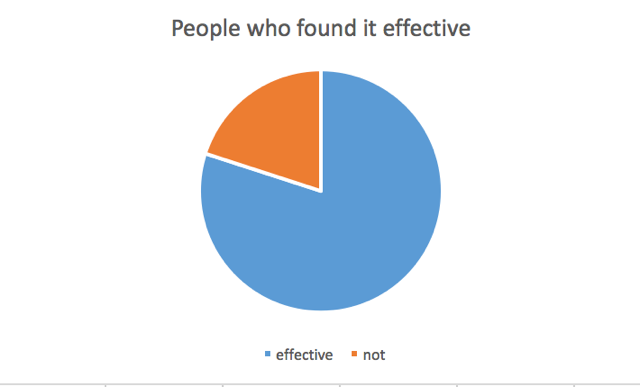The cost. The time. The effort. The shame.
There are a multitude of reasons why people choose not to go to therapy when their mental health is not at its best, with the logistical reasons often coming first. The cost of therapy is for many, a burden that cannot be bothered with, leaving many to suffer in their day to day lives.
Health insurance in recent years, specifically under the Affordable Care Act, has made mental health a more important fixture in people’s lives, though it still does not receive the same precedence as physical health. The Affordable Care Act required that most plans must cover mental health treatment, as well as substance abuse treatment, according to MentalHealth.gov.
Mental health treatment, and therapy in particular, is just too expensive for most Americans. Therapy sessions can range from 75 to 200 dollars an hour, depending on a multitude of factors, including location and level of expertise of the therapist. In New York, prices can range from 100-300 dollars an hour, if not more.
The American Psychological Association notes that stigma regarding mental health has decreased rapidly over the years, with each new generation coming to accept different ways of coping, talking and solving mental health issues a bit more.
The APA also noted, however, that cost and “lack of insurance” could create real barriers, as they surveyed over a thousand citizens to “gauge public sentiment about mental health care.”
Even for those who have health care, some visits are not covered by insurance, specifically first time visits.
Elizabeth Campbell, 19, went to her first therapy session at Chambers Center for Wellbeing in Morristown, NJ, and found the visit to be “extremely helpful”.
“I really connected with my counselor, and even within the one hour we had together, we came up with different plans to help me cope with stress and anxiety.”
Campbell paid out of pocket for the visit, which she would estimate at around $100 (her parents paid), but she still thinks “it was really worth it”.
Campbell thinks that because this was a more “holistic” approach, insurance companies probably “wouldn’t be able to judge if it was scientifically effective.”
Treating mental health as one would treat physical health is somewhat new, as a bill was passed into law in 2008, requiring mental health coverage be of equal importance and price as physical health (surgical or otherwise). The Paul Wellstone and Pete Domenici Mental Health Parity and Addiction Act allowed for this to be the case.
HealthAffairs.org acknowledges the criticism the bill received at first, with many thinking that the bill would drive the costs of insurance even higher, though this has not been the case. Nonetheless, mental health is still expensive.
For different people, different insurance providers can make or break their ability to receive treatment like psychotherapy.
A student at the College had been going to a therapist for about six months when her AmeriHealth Insurance stopped reimbursing her in full.
“Suddenly I had to pay for the session upfront, and then I was only getting reimbursed up to half of each visit.”
Her frustrations mounted when the reimbursement checks she was supposed to receive from AmeriHealth kept getting backed up, sometimes a month or two at a time.
“It’s really hard when you’re trying to get the help you need, and the money aspect of it is causing even more stress and anxiety.”
The student says she was really lucky to have made a connection with her therapist, who let her pay for her sessions “whenever she had the money”, and not necessarily upfront.
She has since switched to Aetna, as part of her mom’s health insurance, and has found that company to be more efficient.
Stories like this student’s are not hard to come by, and show the difficulty that can be faced when dealing with mental health, as 50 million Americans do deal with, according to MentalHealthAmerica.net.
For many, coming to terms with the fact that he or she may need to seek treatment for whatever mental illness one may be facing is a difficult thing in and of itself. To then be unable to seek treatment as frequently as needed due to costs is the reality of the current state of insurance prices and cost of therapy.
Though prices are extremely high, most people who do attend therapy sessions find them to be helpful, as the American Psychological Association found around 80% of those who attended therapy to be satisfied with their visit, (around 47 million Americans).
The need for people to understand their options and the cost for different types of health care, including mental health, is critically important. The American Psychological Association voiced its concern for the repealing of the Affordable Care Act, believing "millions to have benefited" from its passing in 2010.
Only time will tell if mental health treatment is made more accessible and more affordable, but for now, many will struggle to find help, and when they do, struggle to pay for their hour long sessions.




Leave a comment
You must be logged in to post a comment.